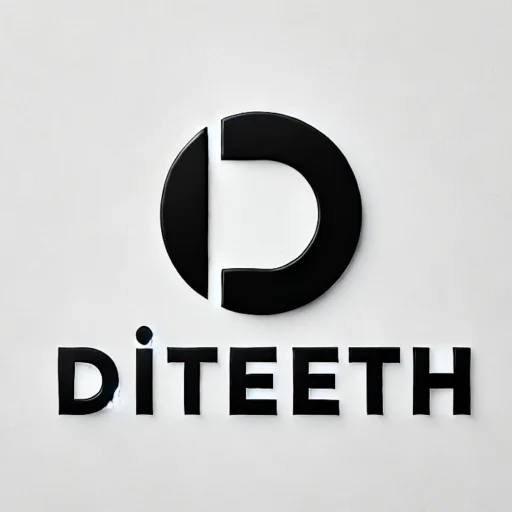
With the rise of AI-powered search engines like Google’s Bard, Microsoft’s Bing AI, and ChatGPT-powered browsing, traditional SEO is evolving. AI-driven search prioritizes conversational, intent-based, and high-authority content, changing how websites rank.
So, how do you optimize for AI search results? This guide will help you stay ahead of the competition.
1. Understanding AI-Powered Search Algorithms
AI-driven search engines use advanced machine learning, NLP (Natural Language Processing), and deep learning to understand user queries better than traditional keyword-based search.
🔹 Key Features of AI-Powered Search:
✔ Conversational & Intent-Based Search – AI understands context rather than just keywords.
✔ AI Summaries & Direct Answers – Less reliance on traditional organic results.
✔ Real-Time Personalization – AI adapts search results based on user behavior.
✔ Multimodal Search – AI integrates text, images, and voice queries.
🚀 What This Means for SEO:
Traditional keyword stuffing won’t work—content must be conversational, high-quality, and authoritative.
2. AI Search Ranking Factors & Optimization Strategies
✅ 1. Optimize for Conversational & Question-Based Queries
AI-powered search prioritizes natural, conversational language.
✔ Use long-tail keywords and question-based phrases.
✔ Optimize for voice search & AI-generated responses.
🔹 Example:
❌ “Best SEO tips”
✅ “What are the best SEO strategies for AI-powered search?”
✅ 2. Structure Content for AI Search & Featured Snippets
AI search assistants pull structured, easy-to-read content to generate quick responses.
✔ Use clear headings (H1, H2, H3) and bullet points.
✔ Add FAQ sections & How-To guides to rank in AI snippets.
✔ Format content for Featured Snippets & AI-generated summaries.
✅ 3. Focus on E-E-A-T (Experience, Expertise, Authoritativeness, Trustworthiness)
AI search prioritizes high-authority, expert-driven content.
✔ Use credible sources & expert citations.
✔ Add author bylines & credentials to boost trustworthiness.
✔ Avoid AI-generated spam—quality trumps quantity.
✅ 4. Leverage Schema Markup & Structured Data
AI-powered search relies on structured data to understand content better.
✔ Implement FAQ, How-To, and Product schema.
✔ Optimize for rich snippets, knowledge panels, and AI search citations.
✔ Submit your site to Google Search Console & Bing Webmaster Tools.
✅ 5. Improve Engagement & User Experience (UX)
AI search engines prioritize websites with high engagement.
✔ Optimize for fast loading speeds & mobile-first indexing.
✔ Use videos, infographics, and interactive content to keep users engaged.
✔ Reduce bounce rates by improving readability and navigation.
✅ 6. Utilize AI-Powered SEO Tools & Analytics
Use AI-driven tools to enhance your SEO strategy.
✔ Google’s RankBrain & Bard for AI search insights.
✔ Bing’s IndexNow for instant content indexing.
✔ AI-powered content tools like Surfer SEO, Clearscope, and Jasper AI.
3. The Future of SEO in AI-Powered Search
📌 Conversational, high-authority content is the key to ranking in AI-driven search.
📌 E-E-A-T, structured data, and user engagement matter more than ever.
📌 AI search assistants are changing how users interact with content—adapt or risk losing visibility.
